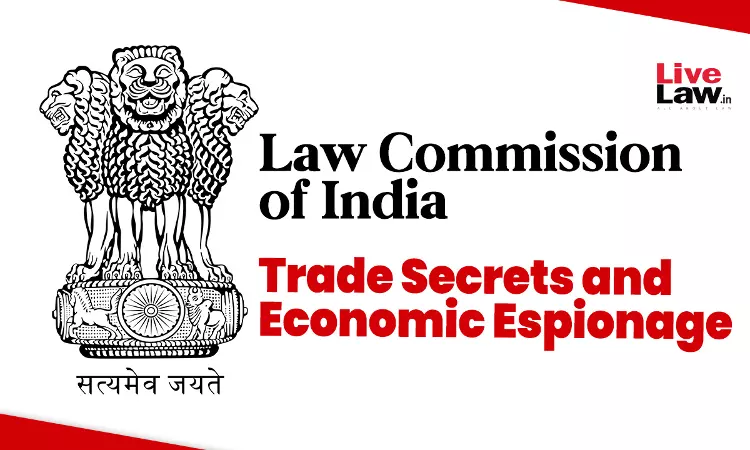Law Commission Recommends Whistleblower Protection, Says Amendments May Be Brought To Mandate Test Data Disclosure
Debby Jain
9 March 2024 4:00 PM IST

Next Story
9 March 2024 4:00 PM IST
In a recent development, the Law Commission of India has recommended in its 289th Report dated March 5, 2024 that there should be a special legislation for protection of Trade Secrets, with exceptions pertaining to whistleblower protection, compulsory licensing and government use, and public interest. In the same report, it has proposed a separate legislation for Economic Espionage as...
